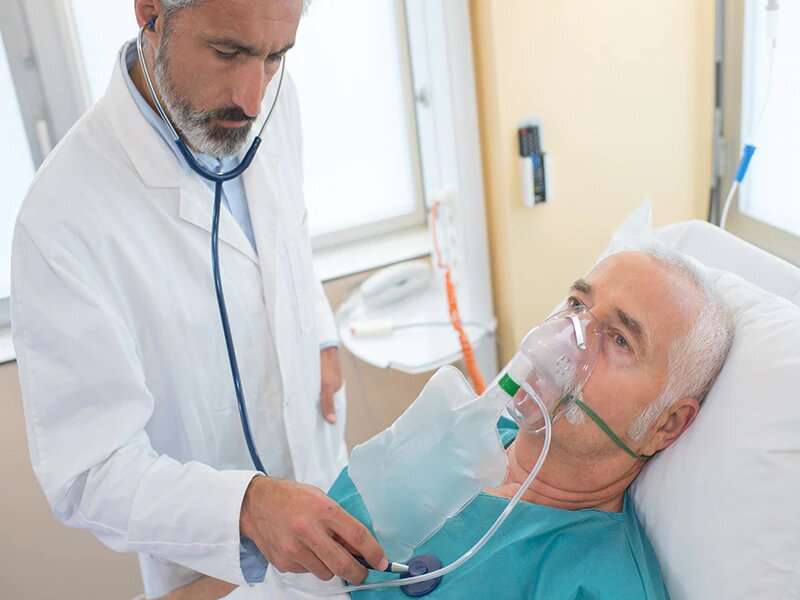(HealthDay)—Sex, age, and severity of disease can predict increased antibody response in COVID-19 survivors, according to a study published recently in the Journal of Clinical Investigation.
Sabra L. Klein, Ph.D., from the Johns Hopkins Bloomberg School of Public Health in Baltimore, and colleagues evaluated humoral immune response using a severe acute respiratory syndrome coronavirus 2 virus neutralization assay, a commercial immunoglobulin G (IgG) and IgA enzyme-linked immunoassay (ELISA) to detect the spike (S) protein S1 domain; IgA, IgG, and IgM indirect ELISAs to detect the full-length S protein or S receptor-binding domain (S-RBD); and an IgG avidity assay among 126 potential convalescent plasma donors. The correlations between antibody responses and demographic and clinical characteristics were assessed.
The researchers found that in the overall population, IgG titers were greater than IgM or IgA titers for S1, full-length S, and S-RBD. Eighty percent of the 126 plasma samples had detectable neutralizing antibody (nAb) titers. The IgG ELISAs confirmed 95 to 98 percent of the nAb-positive samples using nAbs as the reference; 20 to 32 percent of the nAb-negative samples were IgG ELISA-positive. Across the serological assays, increased antibody responses were seen in association with male sex, older age, and hospitalizations for COVID-19.
"We found that these were significant patient characteristics that not only predicted the amount of antibody but the quality of that antibody," Klein said in a statement.
More information: Abstract/Full Text
Journal information: Journal of Clinical Investigation
Copyright © 2020 HealthDay. All rights reserved.
























